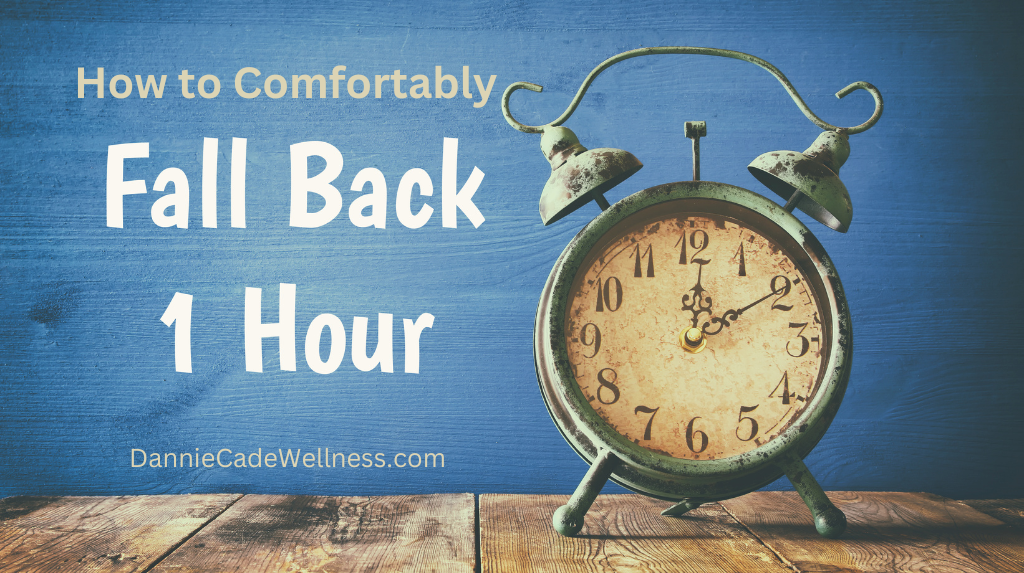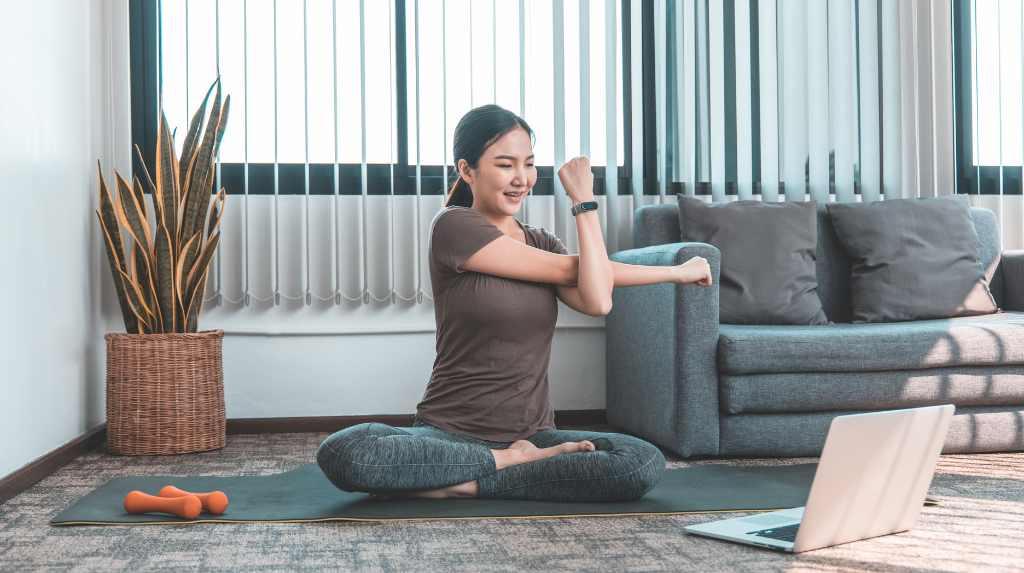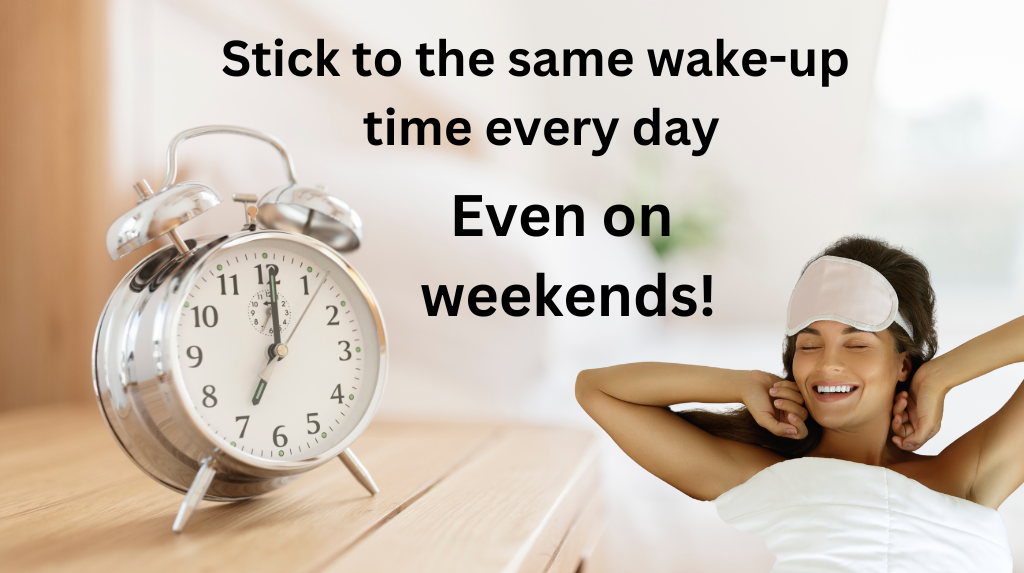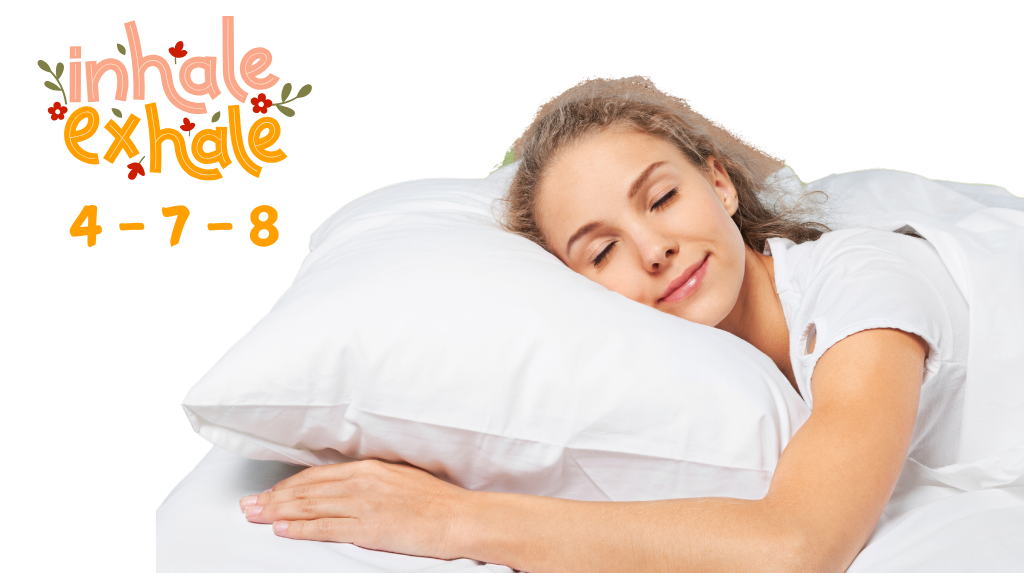Fall Back Like a Pro: Surprising Tips to Outsmart the Time Change
Category: Sleep

Alright, so we’re about to ‘fall back’ an hour with the time change. You’d think that gaining an hour would be all positives—an extra hour of sleep, right? But here’s the catch: even gaining an hour can disrupt our body’s internal clock in surprising ways. Think about it: when we shift the clock, we’re nudging our natural circadian rhythm and our bodies are used to a set rhythm based on cues like light and temperature, so this one-hour shift can mess with those cues.

Even though this seems like a small adjustment, it can take up to a week for some people to fully adapt, especially if you’re used to a set ‘sleep and wake’ schedule. Now, here’s a wild stat—did you know that during the spring time change, heart attacks spike by 24% on the following Monday? In the fall, we don’t see that level of health impact, but we still see a jump in accidents and mood disturbances, like increased irritability or feeling ‘off’ for no apparent reason.

Our bodies really notice that one-hour change! So, how can you prepare yourself for this time change in a way that’ll leave you feeling balanced and ready? I’m going to share some powerful strategies that go beyond just ‘go to bed earlier.’

1. Start banking your Sleep Ahead of Time by giving yourself a sleep buffer even if it’s just for a few days before the time change, add 15 minutes of sleep each night. You really can think of it as actually ‘banking’ sleep, so when the clocks change, your body has a bit of a buffer. It’s like setting aside a little extra energy, just like you would put away a few dollars for unexpected expenses.

2. Use Light to Your Advantage, it’s one of the biggest regulators of our body clock. Once the time changes, spend some time in bright morning light as soon as you wake up. It signals to your body, ‘Hey, it’s daytime now,’ and helps reset your circadian rhythm faster. Natural sunlight is best, but a bright indoor light works too.

And here’s something most people don’t realize—avoiding bright light in the evening becomes even more critical after the time change. Dim the lights around your home an hour or two before bed. This helps your body produce more melatonin, the sleep hormone, so you can settle into a restful sleep.

3. Shift Your Meal Times Gradually Food intake has a surprising effect on our internal clock, almost like a mini reset button. To get ahead of the time change, try shifting your mealtimes by 15 minutes each day for a few days leading up to the change. This subtle shift cues your body to adjust its rhythm so that you’re not hungry or too full at unusual times after the change.

4. Did you know temperature is also a major player in regulating our sleep? Our body temperature naturally drops a few degrees at night to help us fall and stay asleep, so when we change the clocks, this temperature rhythm can get thrown off too. Here’s a little trick: keep your bedroom slightly cooler than usual—about 65°F (18°C) is ideal for most people.

If you can, take a warm bath or shower an hour before bed. It sounds counterintuitive, but that warm bath actually triggers a drop in body temperature afterward, which helps you sleep better. This can make the transition much easier.

5. Another trick to get your sleep on track is boosting what’s called ‘sleep pressure.’ This is the body’s need for sleep that builds up throughout the day. Physical activity naturally increases sleep pressure, so the more active you are, the more ready for sleep you’ll feel.

Try to fit in a bit more movement each day leading up to the time change—walking, stretching, even light exercise will help. Just make sure it’s at least a few hours before bed, so it doesn’t interfere with winding down.

6. If you’re feeling particularly groggy on the first day after the time change, a quick nap can help—but there’s a science to it. Keep it short, around 15-20 minutes, and try what’s called a ‘nappuccino’—drink a small cup of coffee right before your nap. It takes about 20 minutes for the caffeine to kick in, so by the time you wake up, you’ll feel doubly refreshed. But don’t nap too long, or you’ll end up messing with your sleep schedule.

7. Even if your bedtime shifts a bit, sticking to the same wake-up time every day—yes, even on weekends—gives your body a steady anchor point. Research shows that wake-up time consistency helps your circadian rhythm stay on track, even if your bedtime varies. So if you can, commit to one wake-up time, especially for the first few days after the time change. You’ll notice that getting up feels easier, and your energy is better throughout the day.

8. One last tip for easing into sleep is something you can do right in bed: mindful breathing. Try a method called 4-7-8 breathing. Breathe in for four counts, hold for seven, and exhale slowly for eight. This slows down your heart rate and relaxes your body, making it easier to fall asleep, especially during transitions like time changes. It’s simple but incredibly effective!

Adjusting to a one-hour time change may seem minor, but a little prep goes a long way in helping you adapt quickly and feel energized rather than groggy. Try a few of these tips, and see which ones make the biggest difference for you. So, this time, when we ‘fall back,’ you’ll have a few tricks up your sleeve to make the transition smooth and keep your rhythm steady.



Facebook Comments